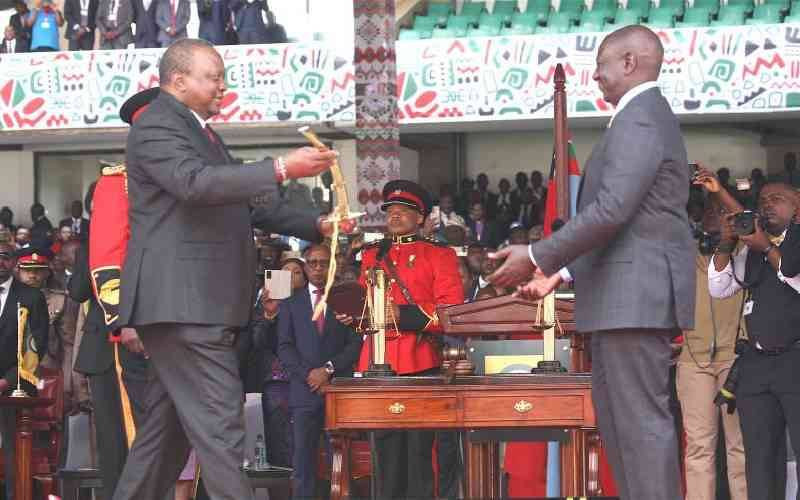×
The Standard e-Paper
Join Thousands Daily

The current bad blood between President William Ruto and his predecessor, Uhuru Kenyatta, is perhaps the most toxic in all successions that Kenya has ever had.
Although the transition from President Moi to Mwai Kibaki was also problematic, it was mainly because of the political climate at the time.